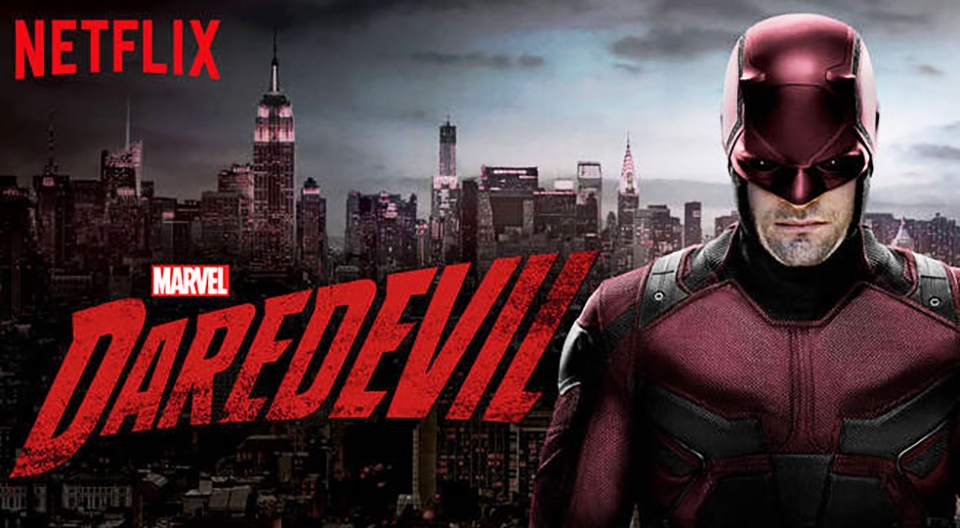Colleen Hammond | Opinions Editor
11/7/19
Christopher Demos-Brown’s hit Broadway play is brought to life in the new star-studded Netflix drama, American Son.
Set entirely in the waiting room of a south Florida police station, American Son tells the story of an interracial couple (Kerry Washington and Steven Pasquale) searching for their missing son with little assistance from a white police officer (Jeremy Jordan).
Washington plays Ellis Connor, a mother searching for her missing teenage son, Jamal. Despite Washington’s character holding a doctorate in psychology and demonstrating a high level of intelligence, Jordan perpetually belittles her concerns for her son, even referring to her reactions as, “zero to ghetto in nothing flat.”
American Son, directed and produced by Kenny Leon, is the conversation about racism this country needs to have right now. This film refuses to dance around the subject or allude to the problem. Every line forces open the lines of communication and demands that the audience face the grim realities of race relations in the U.S.
“Do you have any children, officer?” asks Washington. Before Jordan can finish his reply, Washington’s character gets to the heart of the matter and directly asks, “Are any of them black?”
Needless to say, this film knocks the wind right out of the audience. The script drips with earth shattering language and damning accusations of unchecked racial biases.
One of the most jaw-dropping moments is when Jordan gives Washington directions to the nearest drinking fountain. Jordan casually laughs that there are two drinking fountains “because the building is really old.” A moment of silence hangs in the air as he and Washington realize this is because the building used to be segregated.
However, the film refuses to only acknowledge racism as a painful past but also as a terrifying present. By including social media and the common practice of filming police stops into the script, Demos-Brown opens the door to a variety of race-related social issues ranging from police brutality to mass incarceration.
American Son beautifully initiates the uncomfortable dialogue about racism in modern America. Instead of illustrating race relations as a simple black and white issue, this cast dares to address racism in intense and innovative ways.
By opening the film with a conversation between Washington and Jordan, the audience is eased into this dramatic social commentary with a common troupe of a white, racist police officer, but later in the film, audiences must face forms of racism they are not necessarily used to seeing.
Although interracial couples have often been viewed as victims of racism, Washington and Pasquale show how race relations, even within an interracial marriage, are not perfect. They passionately struggle to balance their son between their two worlds and cultures.
In addition, later scenes feature Eugene Lee as an African American police lieutenant sent to provide the family with more information on their missing son. Washington and Lee instantly butt heads on how to handle and portray their racial identities within the context of police power. They masterfully display that there is still racial division among members of the same race.
While American Son delves into an impossible topic, it is necessary that audiences use it to begin conversations about race relations in their own communities. This film could have been set in any American city, and the story would have remained the same. Unfortunately, as made clear in the film, the U.S. is not yet beyond systematic and interpersonal racism.
American Son is a masterpiece. The brilliant acting and heart wrenching script merge together perfectly to create a balanced, intriguing and vastly important drama. The topical nature of this piece paired with its astonishing cast make this film a must-see.




